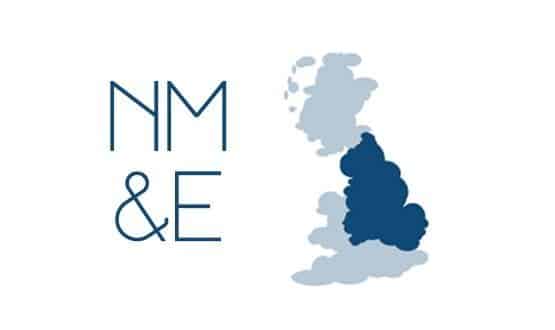GPs in NME set to stick with SystmOne
- 8 December 2015

Nearly all GP practices in the North, Midlands and East of England that are using TPP’s SystmOne are set to stick with the clinical IT system once their national contract ends next year.
TPP communications director Sarah Griffin said the company expects 99.9% of customers who implemented SystmOne as part of the National Programme for IT will continue to use it after the local service provider contracts expire in July 2016.
She said: “People get used to having the functionality, to having the shared record. When you ask how they would feel if they lost SystmOne, they can’t imagine going back to not having that shared record.
“When you move on to a shared system you build processes around that so to move you would have to change your workflows again.”
All GP practices on the LSP contract need to transition to the GP Systems of Choice Framework, which gives practices local control over their clinical IT system contract.
According to the Health and Social Care Information Centre this gives GP practices “access to a greater choice of centrally and locally funded IT systems and services through a viable procurement route.”
In July this year, the HSCIC sent a letter to all clinical commissioning groups in the NME region using SystmOne with details of the transition and asking them to confirm their plans.
The letter said: “It is vital that CCGs and GP practices are ready for this. There is a requirement to start preparing now to allocate appropriate resources to manage the transition activities.”
Digital Health News understands that around ten of TPP’s 1,900 customers in the NME are expected to switch to a rival supplier, such as Emis; which is considerably fewer than many expected.
A spokesperson for the HSCIC was unable to confirm if these figures are accurate.
“We are currently validating the information received from the CCGs to ensure we have an accurate picture of practice intentions. Once this is completed, we will engage with CCGs and practices to agree the activities required for transition.”
Matt Murphy, managing director of Emis, said: "We would be extremely surprised if only 0.1% of practices were to consider switching suppliers.
“This does not match our experience in other regions, where we have had a lot of interest from GP practices wishing to switch to EMIS Web."
The HSCIC provided more detail for the process practices will go through when transitioning to GPSoC.
“Once a date for transition/deployment has been agreed with the supplier and HSCIC, CCGs should place orders on the tracking database and sign a local call off agreement with each chosen supplier.”
These orders can only be placed between 4 January and 31 March 2016.
CCGs and GP practices are then required to sign a CCG practice agreement that details the terms and delivery of GPSoC and GP IT services.
This agreement must be signed by 31 March 2016, in order for GP practices to benefit from the central funding associated with GPSoC Lot 1.




